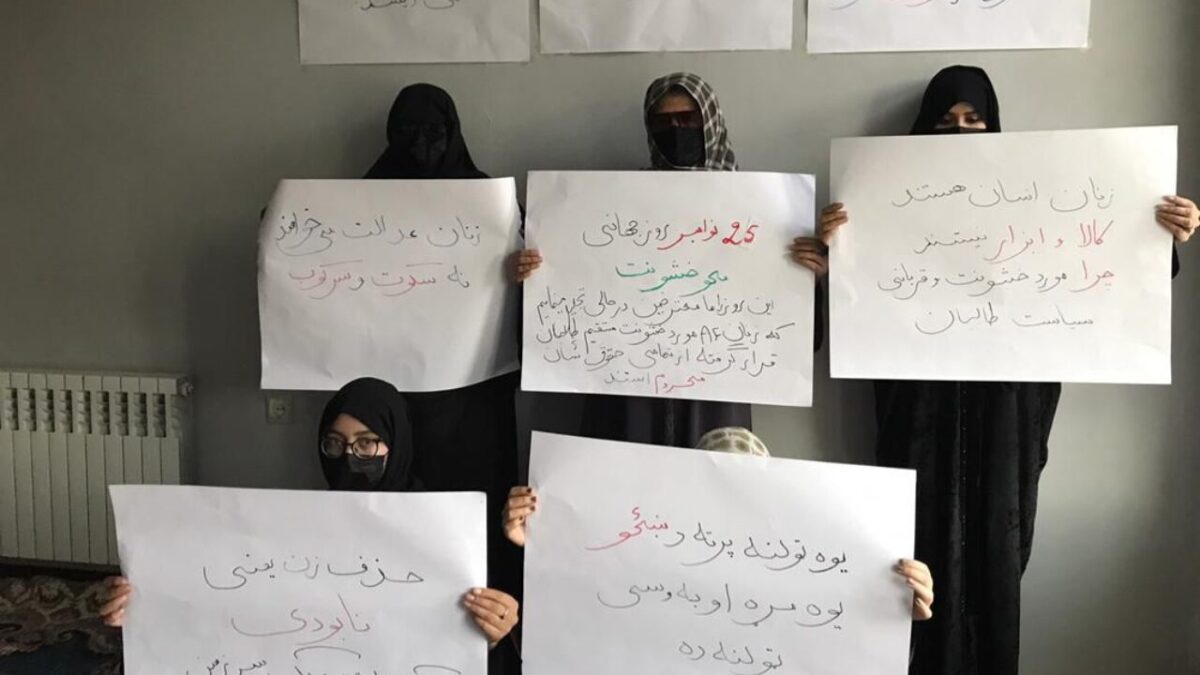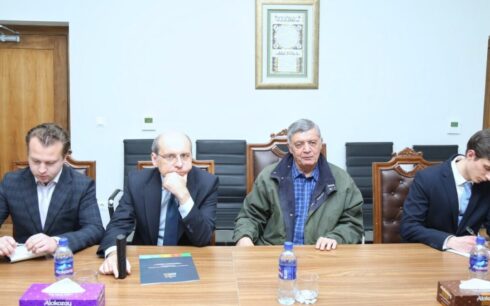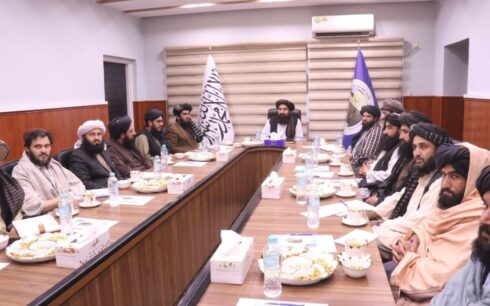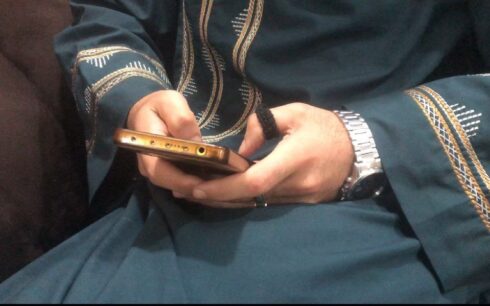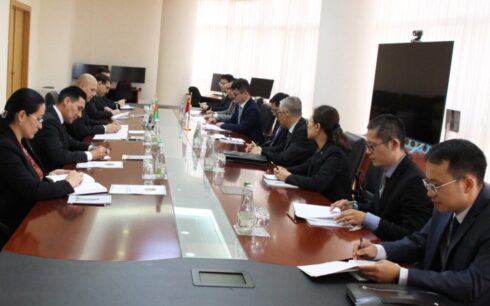On the International Day for the Elimination of Violence Against Women, women’s rights activists condemned what they described as the “worst forms of violence” inflicted on women under Taliban rule, calling for urgent global intervention.
The Spontaneous Movement of Afghan Women Protesters, led by activist Zholia Parsi, issued a statement highlighting the scale of repression: “In Afghanistan, even the voice of women is considered shameful. This marks the fourth year of women and girls being systematically stripped of their fundamental rights—a profound injustice against half the country’s population. The devastating impact grows more destructive each year.”
The Women’s Freedom Lantern Movement, led by activist Hajar Azada, said the international day symbolizes “pain, resistance, and a cry for freedom from institutionalized oppression.” The group called the past three years “a clear testament to the worst forms of violence imposed on women.”
The women’s movements urged the international community and human rights organizations to take decisive action to address the crisis.
Their demands included:
Prosecuting Taliban leaders in the International Court of Justice.
Expanding global support for Afghan women’s rights initiatives.
Intensifying diplomatic pressure on the Taliban to restore women’s fundamental rights.
Creating support structures for Afghan refugees, especially women and girls facing danger within Afghanistan and in neighboring countries.
A bleak reality for women
Since retaking power in August 2021, the Taliban have enacted sweeping restrictions on women, effectively erasing them from public life. Girls are banned from attending school beyond sixth grade, women are prohibited from attending universities, and harsh rules restrict women’s participation in workplaces and public spaces.
In their latest move, the Taliban introduced a “Law of Promotion of Virtue and Prevention of Vice,” which bans women from appearing in public spaces with uncovered faces or audible voices. Even private acts, such as praying or reciting the Quran alongside another woman, have been outlawed.
The United Nations General Assembly designated November 25 as the International Day for the Elimination of Violence Against Women in 1999, calling on nations to reaffirm their commitment to combating violence and discrimination against women.
The Taliban’s policies have drawn global condemnation, including from Islamic nations and religious scholars, who argue that the restrictions violate fundamental Islamic principles. Despite this, the Taliban remain defiant, insisting on the full implementation of their restrictive measures.

